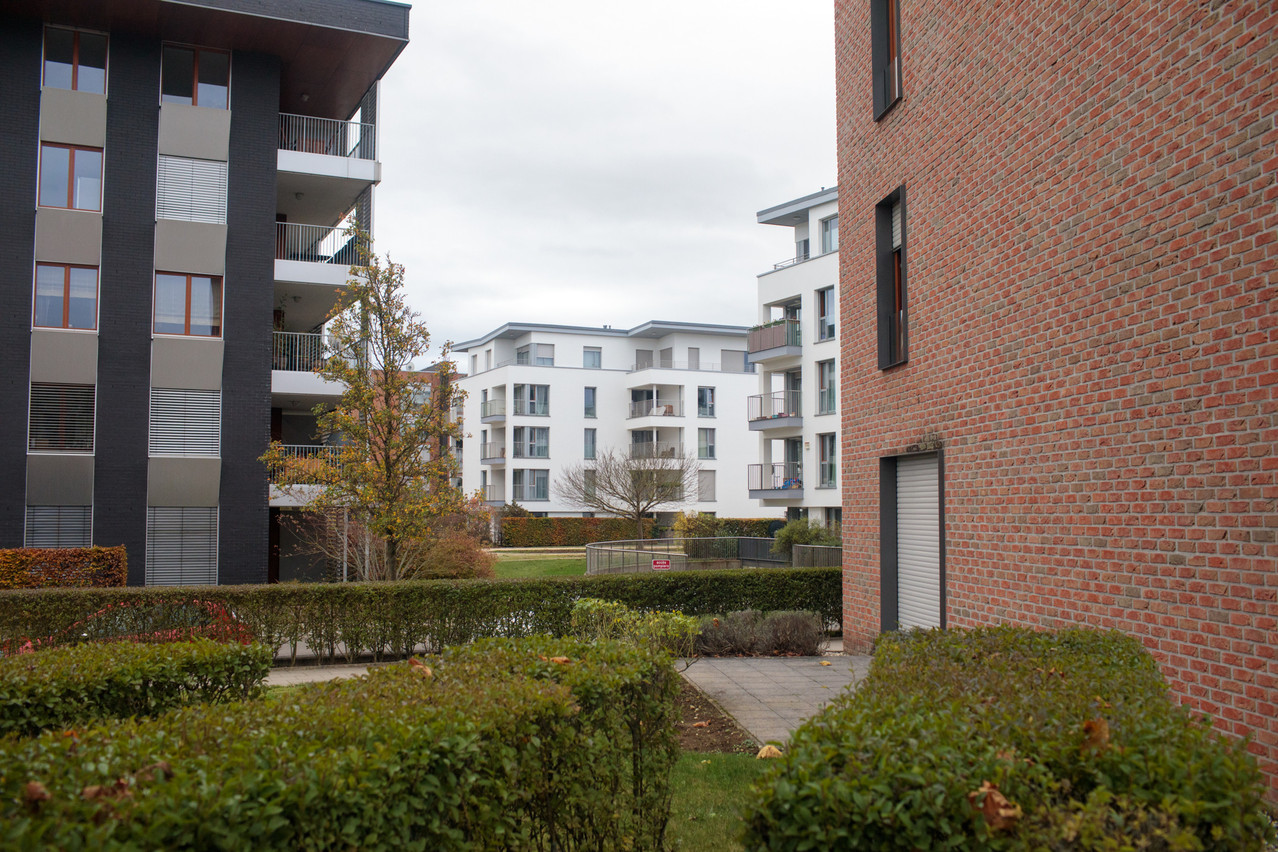The housing crisis continues to permeate Luxembourg, even more so with the rising cost of living and energy. But, cabinet on 5 October announced that it had approved a draft bill on property tax, and modification on the law regarding leases for residential use. Both projects will be presented before the end of this week.
The property tax was first mooted over eight years ago--prime minister Xavier Bettel (DP) in his state of the nation speech had promised a concrete bill in the twelve months to follow. Minister of the interior Taina Bofferding (LSAP) shortly after had said the bill would target land earmarked for construction and land that needs to be serviced, with a progressive but high enough tax to persuade land owners sitting on undeveloped plots to allow them to be built on.
Among the modifications on the law determining the rent of leased property are proposed changes to the ruling rent cannot earn the owner an annual income exceeding a rate of 5% of the capital invested in the dwelling. Housing minister Henri Kox in an interview with Delano’s sister publication Paperjam had explained that the law was no longer realistic or applicable. The parliamentary committee on housing will hear details of the proposed changes to the law later on Thursday.
Shorter isolation periods, injury compensation
The cabinet in their meeting on Wednesday also touched upon the energy crisis and the covid-19 pandemic. Due to a recrudescence in infections--which had been anticipated in spring--the government has recommended not only a second covid vaccine booster shot, but also to cut the isolation period to 4 days only.
Contact tracing will also be dropped.
The recommendation of the infectious diseases council (CSMI) regarding shingles has also been greenlighted.
Meanwhile, the maximum amount of compensation that can be given to people physically injured following an infringement of the law has been set to a yearly maximum of €63,000 for 2023.
